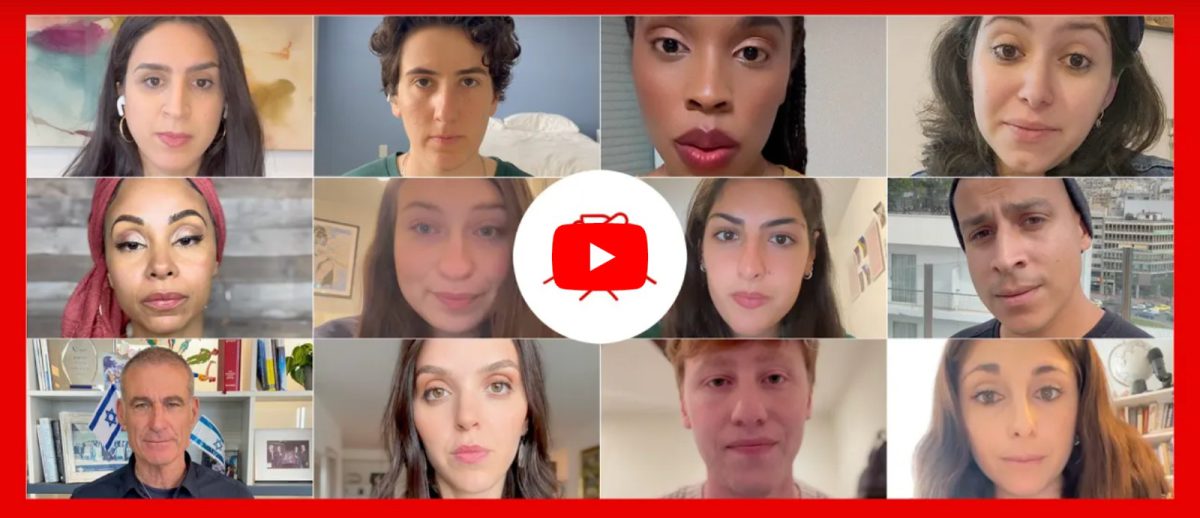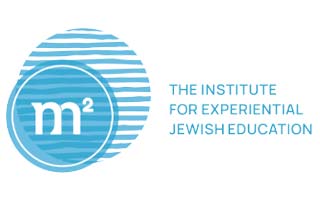The Fast of Esther: A Time for Communal Gathering & Solidarity

There is a commandment in the Torah which calls on every person over the age of 20 to contribute a half-shekel to the community. This commandment is read in synagogues today during the regular Torah reading cycle, with an additional reading that highlights this commandment on the Shabbat leading into the month of Adar (or Adar Bet during a leap year). How can we use the values behind this mitzvah to illustrate the importance that each and every person contribute to bringing the hostages home?
Taking Responsibility for Others in Times of Crisis
We are not alone in this world. Each of us belongs to a specific cultural or religious community and, at the same time, we are part of the human race. What is my responsibility towards others? How do I balance my self-interests with my obligation to care for others? Standing up for others requires staying power, courage, determination and faith in our leaders’ abilities to support us in our mission. The hostage crisis in Gaza affects not only the Jewish people, but all people throughout the world. How should we advocate on behalf of the hostages? What is the message we should convey to our political leaders? How do we remain hopeful and vigilant even with the passage of time?
Women Who Spark Change: Then and Now
March is the month when we celebrate women as change-makers, both on International Women’s Day and on Ta’anit Esther and Purim. Esther and Henrietta Szold are two examples of female figures in our communal history who sparked important change for the Jewish people. How might we draw inspiration from Esther and Henrietta Szold’s actions to spark change in our communities today and do our part to bring the hostages home?
Counting Each Person: The Mitzvah of Donating Half a Shekel
There is a commandment in the Torah which calls on every person over the age of 20 to contribute a half-shekel to the community. This commandment is read in synagogues today during the regular Torah reading cycle, with an additional reading that highlights this commandment on the Shabbat leading into the month of Adar (or Adar Bet during a leap year). How can we use the values behind this mitzvah to illustrate the importance that each and every person contribute to bringing the hostages home?
Mishloach Manot: Gift Giving as a Form of Advocacy
Purim is the only Jewish Holiday where the story fully occurred outside of Israel. Where can we, as Jews who live in and outside of Israel, get inspiration from the story of Purim to motivate us to advocate for the Jewish people? What is the connection between giving and receiving gifts and celebration? How does the act of Mishloach Manot build community?


